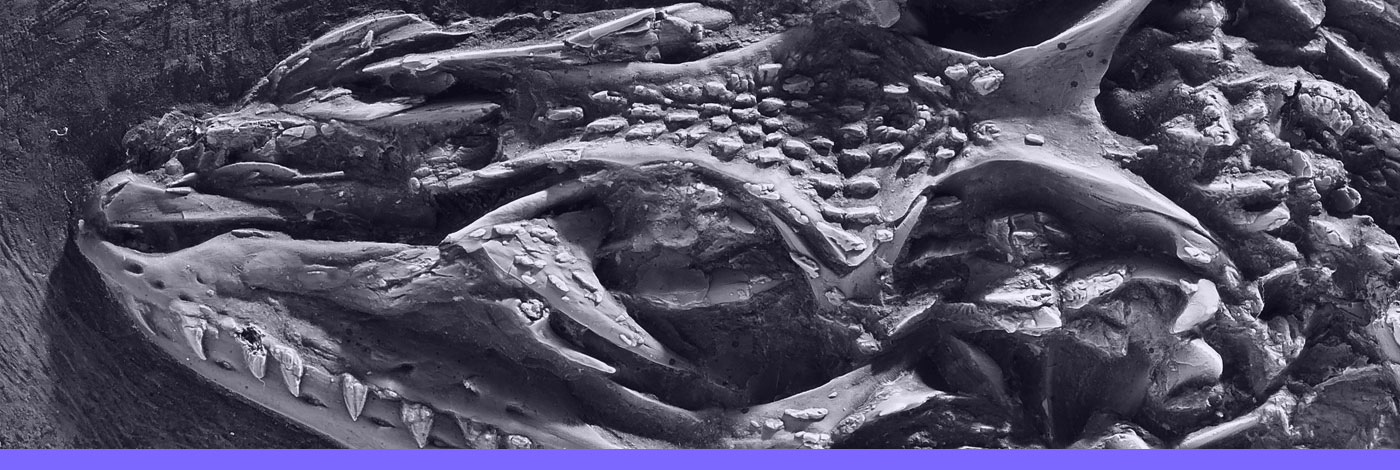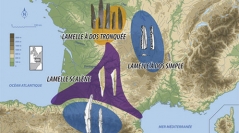

 Comptes Rendus Palevol
12 (1) - Pages 57-68
Comptes Rendus Palevol
12 (1) - Pages 57-68In western Europe, the techno-economic changes that affected human societies during the 16th millennium BC suggest a deep reformulation of social relations that led to the emergence of Magdalenian features, thanks to a powerful cultural acceleration process. In central France, these mutations, contemporary with the Heinrich 1 climatic event, took place in a paleohistorical framework whose structure was less distended than in other regions: the cultural answers seem to disappear behind social “waves” (hypertrophy of the circulation of lithic raw materials, the sudden resurgence of blade debitage) expressed in this area since the early Upper Paleolithic. They allow us to discern, in the long term, how the original experiments of the Middle Magdalenian materialized. In the short term, some limited geological episodes, such as the recovery of the volcanic activity of the Massif Central around 16 ka cal BC, offer some possible stimuli of the rapid changes that affected technical systems. Their variations reveal the conditions, the aspects and the rhythms of the emergence of new ideological attributes that formed the traditional basis of Magdalenian societies.
Middle Magdalenian, Central France, 16th millennium BC, Heinrich 1 Event, Lithic technology, Socio-economic mutations, Cultural evolution, Palaeohistory